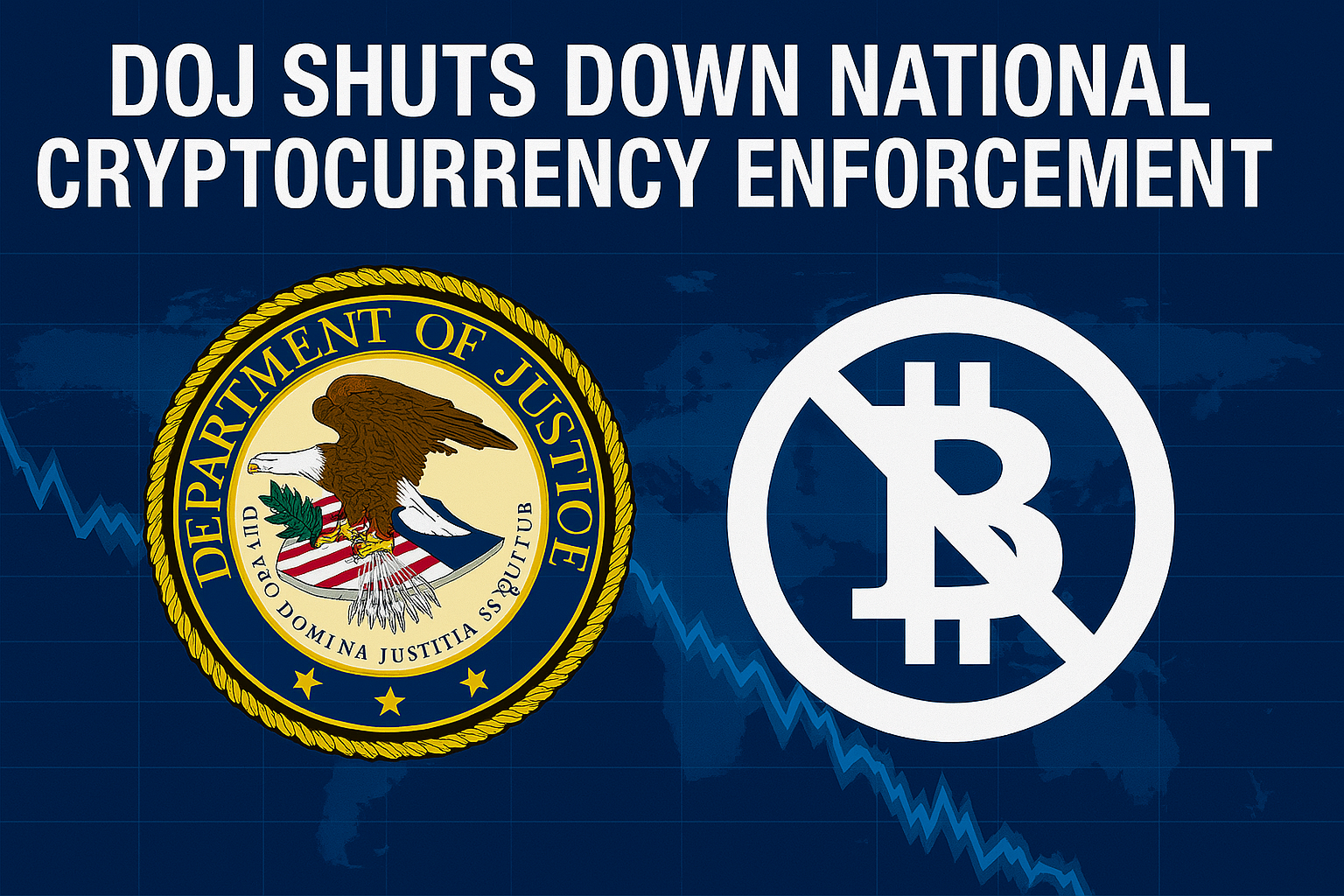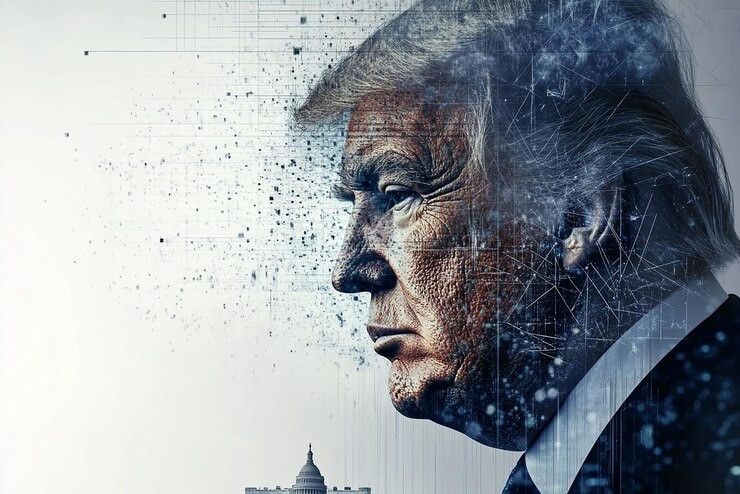In a significant shift in U.S. crypto enforcement policy, the Department of Justice (DOJ) has disbanded its National Cryptocurrency Enforcement Team (NCET)—a key unit established under the Biden administration to lead crypto investigations and prosecutions.
An internal DOJ memo dated April 7, reviewed by crypto.news, confirms the change. Deputy Attorney General Todd Blanche, recently appointed as the DOJ’s second-in-command, announced the move, indicating a strategic narrowing of the department’s enforcement priorities.
Refocusing DOJ’s Approach to Crypto-Related Crime
Launched in 2022, the NCET was instrumental in several major cases, including the landmark $4.3 billion Binance settlement and charges against its founder Changpeng Zhao. Going forward, however, the DOJ will pursue crypto-related investigations only when tied to serious criminal activity, such as:
- Terrorism financing
- Drug and human trafficking
- Organized crime and cyberattacks
In a clear break from the Biden-era posture, the DOJ will no longer pursue cases against wallet providers, exchanges, or crypto mixers based solely on regulatory non-compliance or user behavior.
New Guidelines for Prosecuting Crypto Developers
Among the most notable updates is the DOJ’s instruction to stop charging developers based solely on the misuse of their code by others. Blanche described the prior enforcement strategy as “regulation by prosecution,” which he argued stifled innovation.
He further clarified that unless there is clear intent to commit fraud or violate securities, banking, or commodities laws, such cases should not be prioritized.
Executive Order Signals Trump’s Crypto Policy Shift
The memo attributes the change in part to a recent executive order by Donald Trump, which affirms U.S. citizens’ rights to access open blockchain networks without fear of criminal repercussions. The order is part of Trump’s broader outreach to the crypto community ahead of the 2025 election.
The Trump family is also reportedly financially tied to the industry through a 75% revenue stake in World Liberty Financial, a blockchain-linked enterprise.
Community Response: Divided Reactions
Crypto developers and open-source advocates largely welcomed the rollback, viewing it as a victory for innovation and digital freedom. However, regulatory experts and critics warn that this approach may reduce safeguards against fraud, scams, and illicit financial activity.As the DOJ steps back from aggressive enforcement, the crypto industry enters a new phase of regulatory uncertainty—one that may encourage innovation but also increase calls for legislative clarity.



